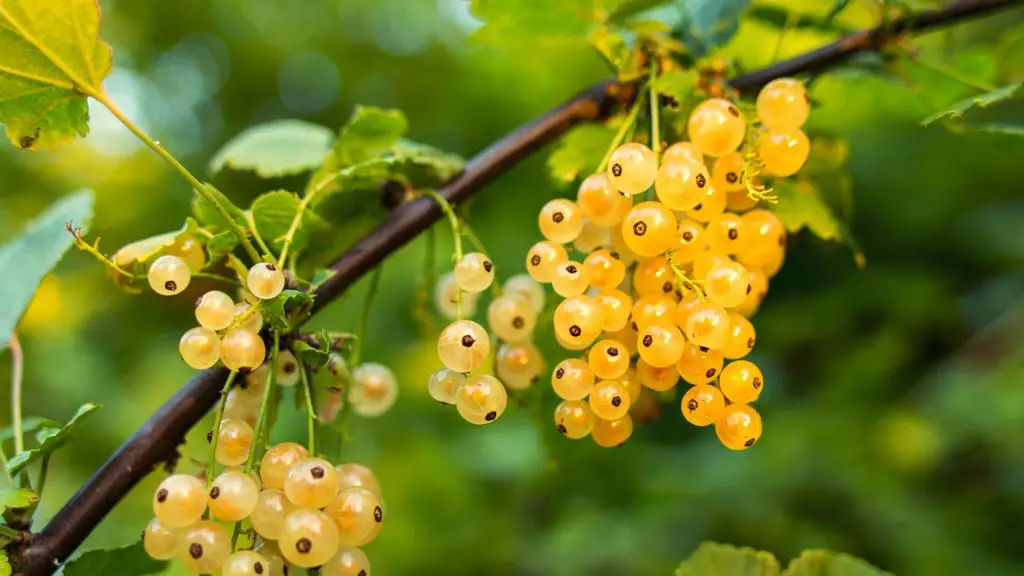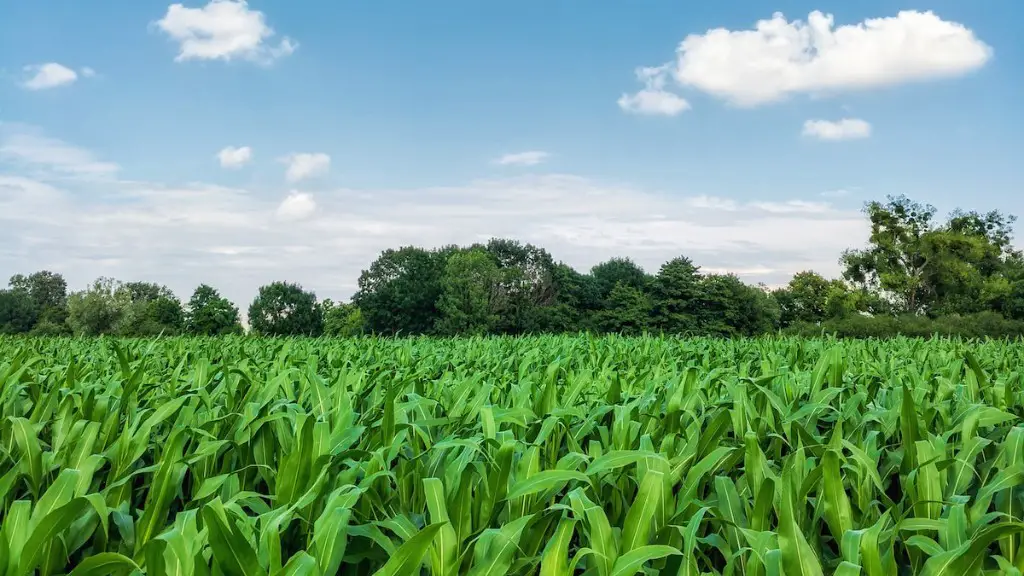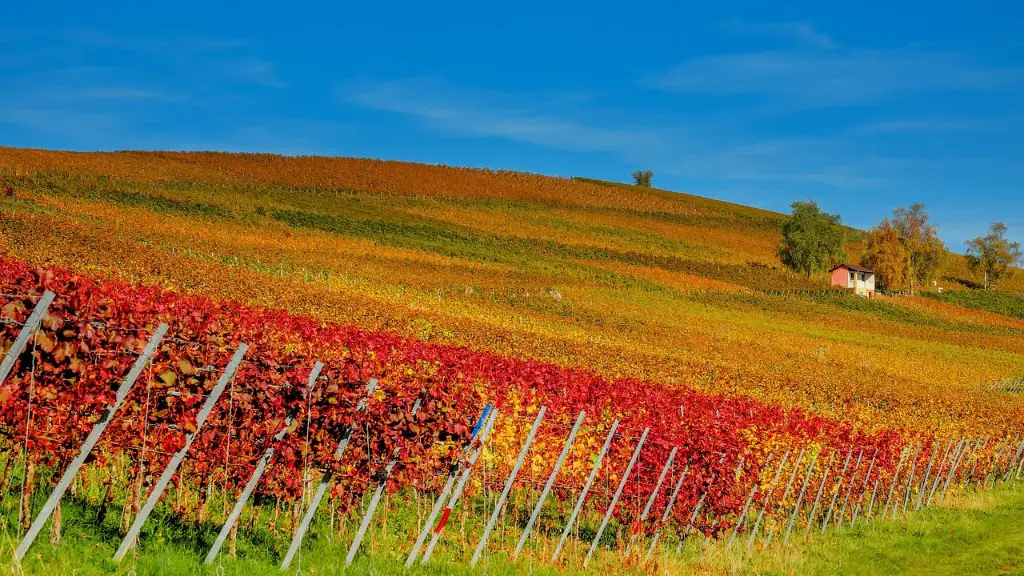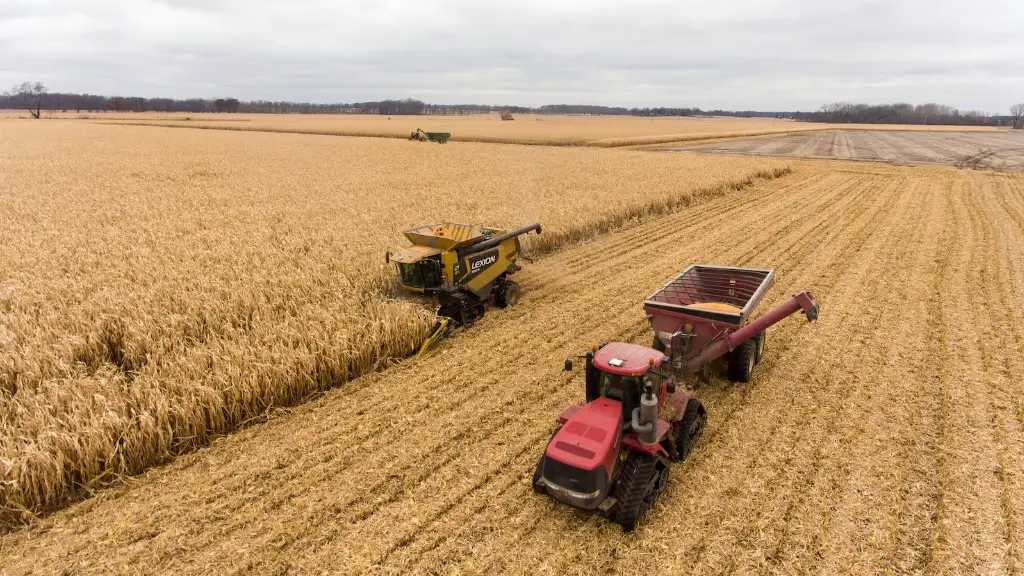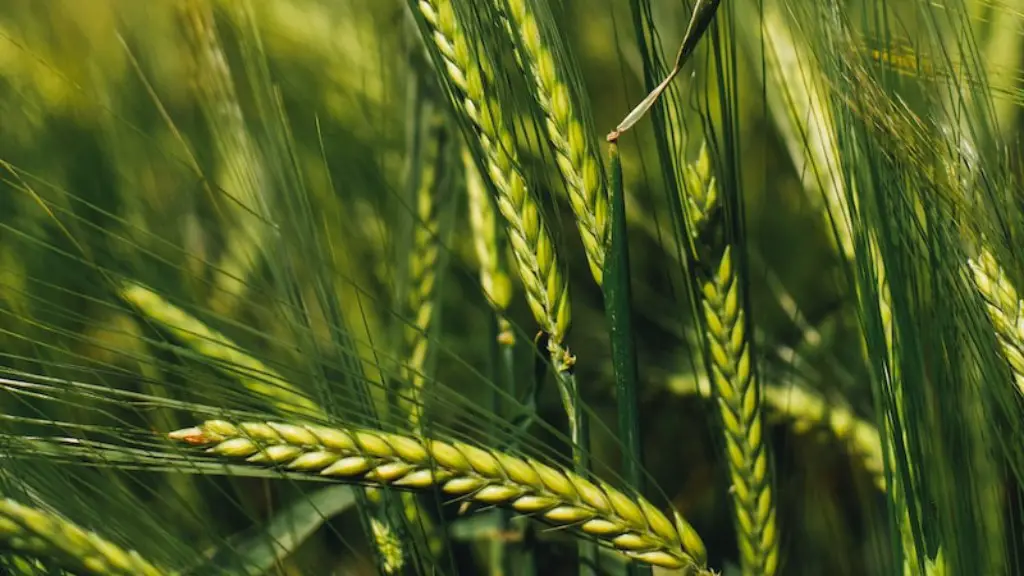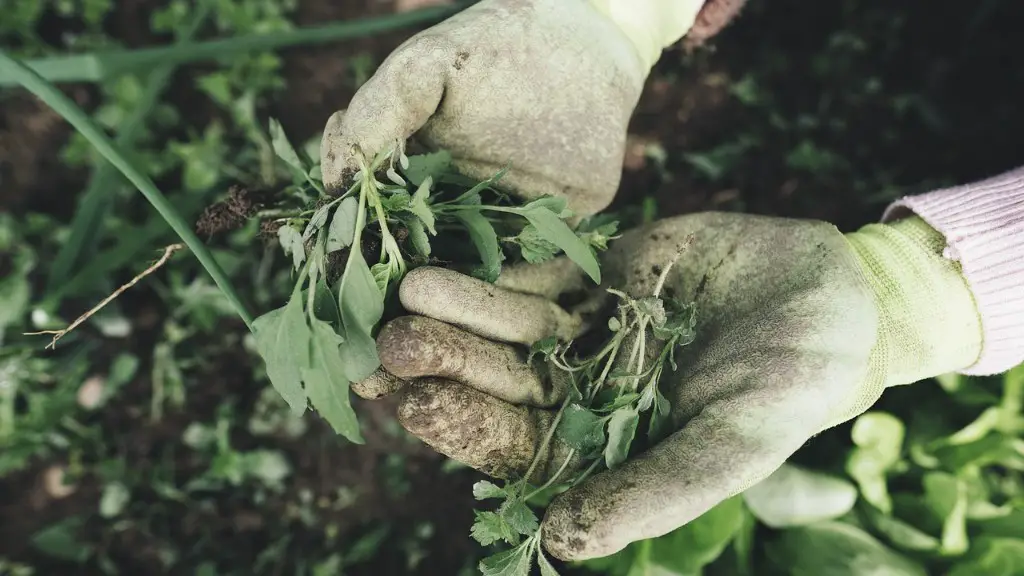Agriculture plays a vital role in our economy and food supply, but it also has a significant impact on our water resources. Agriculture can pollute water through the overuse of water for irrigation, the use of fertilizers and pesticides, and the raising of livestock. These activities can lead to water contamination, decreased water quality, and negative impacts on aquatic ecosystems.
Agriculture is the leading cause of water pollution, accounting for more than half of all water pollution in the United States. The most common methods of water pollution from agriculture include animal manure, pesticides, and fertilizer. Animal manure can contaminate water with bacteria, viruses, and parasites that can cause disease in humans and animals. Pesticides can contaminate water with harmful chemicals that can cause health problems in humans and animals. Fertilizer can contaminate water with nutrients that can cause algae blooms, which can deplete oxygen in the water and lead to the death of fish and other aquatic animals.
How does agriculture lead to water pollution?
Agricultural contaminants can have a significant impact on the quality of surface water and groundwater. Fertilizers and pesticides can runoff and infiltrate into local streams, rivers, and groundwater, contaminating these sources of water. This can impair the quality of these water sources and have a negative impact on the environment and human health.
Agricultural runoff is a major problem that can lead to water pollution. Poor management of animal feeding operations, overgrazing, and overworking the land can all contribute to agricultural runoff. Poorly managed and ineffective application of pesticides, irrigation water, and fertilizer can also contribute to agricultural runoff.
How does agriculture cause pollution
Agriculture is the leading source of pollution in many countries. Pesticides, fertilizers and other toxic farm chemicals can poison fresh water, marine ecosystems, air and soil. They also can remain in the environment for generations.
The best way to reduce pollution from agriculture is to use fewer chemicals. Farmers can use pest-resistant crops, organic farming methods, and cover crops to reduce the need for chemical pesticides and fertilizers.
Agriculture is the biggest source of water pollution, according to a new global review.
Nitrate from farming is the most common chemical contaminant found in groundwater aquifers, the study found. And while agriculture accounts for just a fraction of the world’s water use, it pollutes far more of it than any other sector.
The findings, published in the journal Science, highlight the need for better management of agricultural wastewater. They also underscore the importance of protecting groundwater resources, which provide drinking water for billions of people around the world.
What are the two major sources of agricultural waste water?
The two major sources of water pollution are: wastewater, following its use for domestic, municipal and industrial purposes; and saline water from groundwater, drainage and surface sources.
Agricultural residues are the primary source of agricultural pollution in rivers. These residues can come from a variety of sources, including crop production, livestock husbandry, and forestry. The primary source of agricultural residues is crop production, which accounts for approximately 80% of the total.
Livestock husbandry is the second major source of agricultural pollution in rivers. This pollution can come from a variety of sources, including manure, feedlots, and animal waste. The primary source of livestock pollution is manure, which accounts for approximately 70% of the total.
Fertilizers and pesticides are the third major source of agricultural pollution in rivers. These pollutants can come from a variety of sources, including agricultural production, golf courses, and residential lawns and gardens. The primary source of fertilizer and pesticide pollution is agricultural production, which accounts for approximately 50% of the total.
Excess salts from applied irrigation water are the fourth major source of agricultural pollution in rivers. These salts can come from a variety of sources, including agricultural production, golf courses, and residential lawns and gardens. The primary source of excess salt pollution is agricultural production, which accounts for approximately 30% of the total.
What are 3 negative effects of agriculture on the environment?
Large-scale, conventional farming is not sustainable in the long term because it contributes to climate change, pollutes air and water, and depletes soil fertility.
Different manure treatment and storage methods do affect how much methane and nitrous oxide, two potent greenhouse gases, are emitted. Manure management practices that curb methane and nitrous oxide emissions can help agriculture meet its goal of reducing overall greenhouse gas emissions.
What are the three major agricultural pollutants
With the increase in population and the demand for food, there has been an increase in the use of pesticides, fertilizers, and animal manure to increase crop yields. However, these chemicals can leach into the groundwater and contaminate it. This can be a serious problem in areas where the groundwater is the primary source of drinking water.
There are some things that farmers can do to minimize the pollution from their operations, such as using cover crops and crop rotation to reduce the need for chemicals, and properly managing manure to prevent runoff into waterways. However, it is important for everyone to be aware of the potential for water pollution from agriculture and to take steps to protect our water resources.
As the world’s population continues to grow, so does the demand for water. In addition, industry and agriculture require ever-increasing amounts of water to operate. As a result, rivers, lakes and groundwater are being depleted at an alarming rate.
In addition to the depletion of water resources, pollution is also a major problem. Industry, agriculture and livestock farming all contribute to water pollution. Rubbish and sewage are also major sources of water pollution.
Fuel spillages are another major cause of water pollution. Oil spills can have devastating effects on the environment, polluting the water and killing marine life.
Global warming is also a major cause of water pollution. Rising global temperatures caused by CO2 emissions heat the water, reducing its oxygen content. This can have a devastating effect on marine life and the ecosystem as a whole.
Water pollution is a major problem that needs to be addressed urgently. It is a threat to the environment and the health of all life on Earth.
What is the #1 pollutant of water?
Nutrient pollution is caused by the excess of nitrogen and phosphorus in water or air, and it is the number-one threat to water quality worldwide. This pollution can cause algal blooms, a toxic soup of blue-green algae that is harmful to people and wildlife.
The Agricultural Waste management is the process of dealing with agricultural waste. Agricultural waste includes crop residues (roots, stalks, straw, etc.), weeds, leaves, wood chippings and sawdust, livestock manure (manure, urine, and dung), and processed animal products.
The main aim of agricultural waste management is to reduce or eliminate the pollution of water, air, and soil caused by agricultural waste, and to recycle the nutrients in agricultural waste back into the soil.
How much water is lost in agriculture
Water is essential for farming, and on average, farms around the world account for 70% of all water that is consumed annually. Of that 70% used by farmers, 40% is lost to the environment due to poor irrigation systems, evaporation, and overall poor water management. This is a significant amount of water that could be saved each year if farmers implemented better water management practices.
Commercial agriculture consumes a large amount of water and in turn generates a large volume of wastewater. However, large areas of land allow for harvesting of rainwater which can then be used in agricultural processes. This can help to offset the water consumption of commercial agriculture and minimize the impact on the environment.
What are the effects of agriculture on water?
Agriculture is a significant water polluter, due to the widespread use of pesticides and fertilizers, which can contaminate both groundwater and surface water. In addition, organic livestock wastes, antibiotics, silage effluents, and processing wastes from plantation crops can also pollute water supplies.
Agricultural pollution has become a increasingly pressing problem in recent years as farming practices have become more intensive. The primary sources of agricultural pollution are liquid and solid wastes from all types of farming activities, including run-off from pesticide and fertilizer use, and from feedlots; erosion and dust from ploughing; animal manure and carcasses; and crop residues and debris.
These pollutants can have a major impact on both the environment and human health. For example, fertilizer and manure run-off can pollute waterways and lead to the growth of harmful algae blooms. Pesticides can contaminate soil and water, and may pose a risk to human health if they are taken up by crops that we eat. Dust and debris from ploughing can cause air pollution, while animal carcasses can lead to the spread of disease.
There are a number of ways to reduce agricultural pollution, including better management of farms, the use of cleaner technologies, and education of farmers and the general public.
Warp Up
Agricultural pollution of water is caused by a variety of factors, including the use of pesticides and herbicides, the overuse of water for irrigation purposes, livestock waste, and the application of fertilizers. All of these activities can lead to water contamination, which can in turn have negative impacts on human health, wildlife, and the environment.
Agriculture pollutes water in many ways. Pesticides and fertilizers can run off of fields and into nearby waterways, where they can harm plant and animal life. Factory farming also pollutes water, as the large amounts of animal waste produced can contaminate water supplies. In addition, agricultural runoff can carry soil and sediment into waterways, which can block sunlight and prevent aquatic plants from growing.
